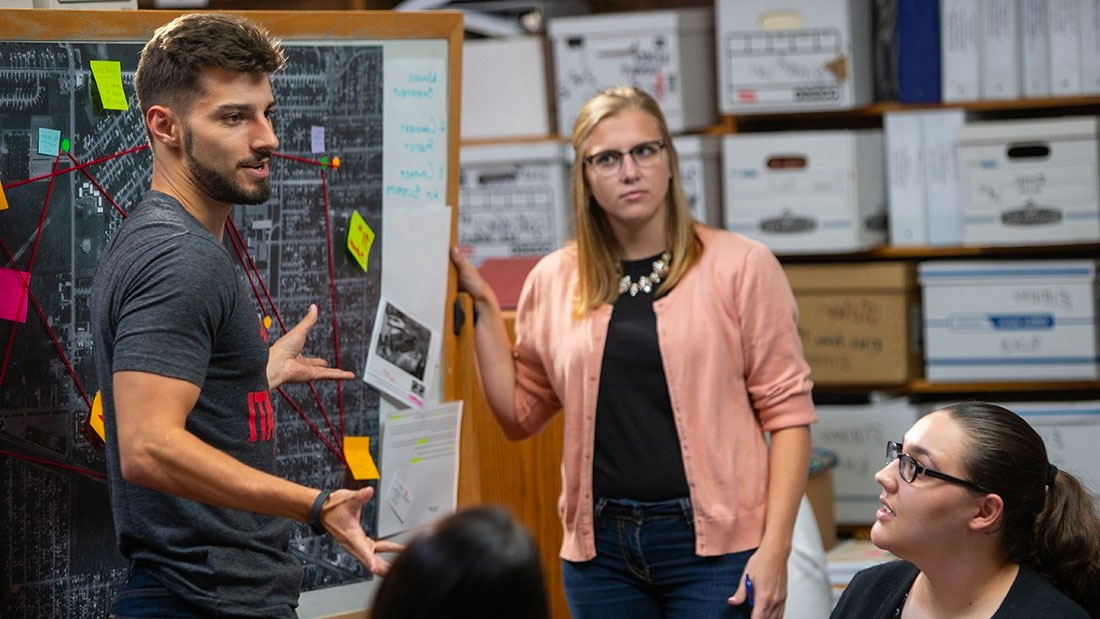Growing up in Louisville, KY to Muslim immigrant parents post-9/11, Aqdas shared how her experiences with Islamophobia sparked her awareness of how people can be treated differently based on their backgrounds.
“There was a lot of fear after 9/11, and what that looked like on the ground was violence against Muslims and stereotyping,” she said. “Sometimes people were wrongly imprisoned for years…My sister actually stopped wearing a hijab because someone threatened her safety. It was very scary.”
This experience has carried over into Aqdas’ passion for promoting equitable access to the law, and a desire to improve the situation for those who come after her. As part of this effort at Cincinnati Law, she serves as Vice President of the Asian Pacific American Law Student Association (APALSA) and Secretary for the Muslim Lawyers Association. Both clubs have been channels for connection and action.
“Being reminded that you have other people here that are thinking and experiencing things very similarly to you gives a sense of community. But it also reminds me why I'm here–and how important representation is to me,” she said. “I believe I bring value just by having an identity that is not well represented in law…Honestly, it’s a big part of what keeps me in law school.”
The growth in student diversity in law schools is encouraging to Aqdas. She feels pulled to support other underrepresented students considering this field and hopes to promote a feeling of inclusivity at Cincinnati Law so more underrepresented students might see themselves belonging in these halls one day.
“Law schools around the nation, including UC, are changing demographically, and with this increased diversity comes the responsibility to create a more inclusive environment,” she said. “You want every student to feel welcome and supported, especially minority students. So, we’re making a big push toward that.”






